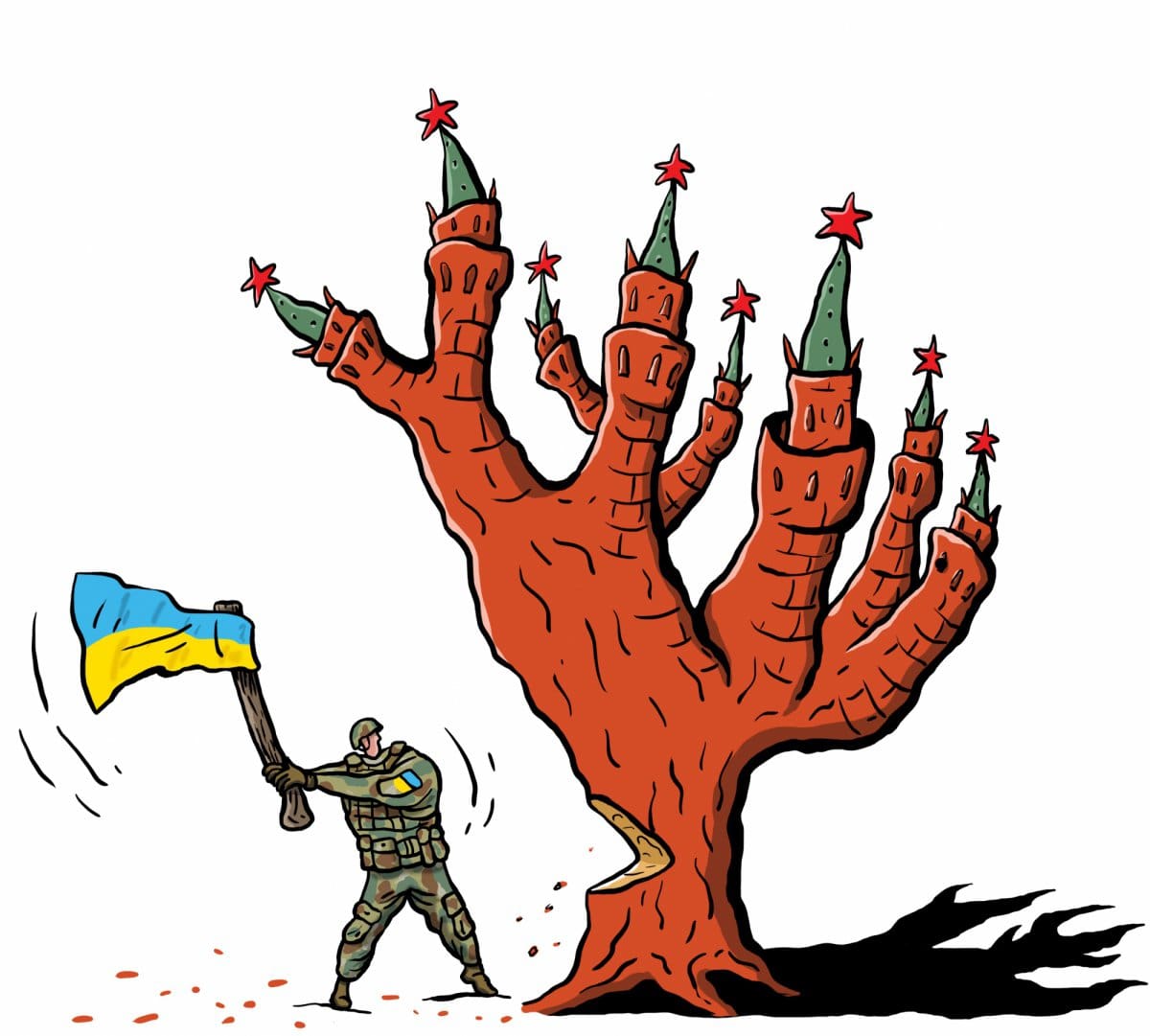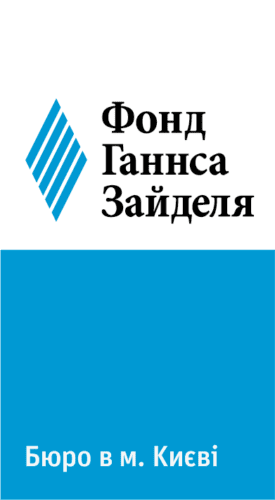Another silent video address by Kirill Budanov on the Day of the Main Intelligence Directorate last week caused a storm on social media. The DIU chief’s ambiguous hints and omissions about Russia usually provoke such a public reaction. It can be explained by the fact that in such cases it is a non-verbal announcement of events on the enemy’s territory. This makes the Russians hysterical, while we are in joyful anticipation.
Already in the first months of Russia’s full-scale war against Ukraine, it became clear that the enemy would not be able to achieve its original goal. It was not able to quickly capture Kyiv, establish an occupation regime here, and take over all or almost all of Ukraine. The next stage of the war was a dynamic confrontation between the two armies, when the Russians tried to attack where they could, and the Ukrainian army, holding the front, began counteroffensives where it was possible or appropriate. Now the war is moving to the next stage, where the Ukrainian Armed Forces are preparing to liberate the occupied territories along the entire front line, and the Russians are preparing to defend the entire occupied area. The enemy has well and deeply equipped its defense line, and this creates difficulties for the counteroffensive.
Under the current circumstances, there is a risk that the war will turn into a long and exhausting confrontation with relatively little progress by our troops on the ground. Such a rhythm of combat operations requires a lot of resources and will cause losses among our military without significant success. This creates an optimal context for the political decisions desired by the Kremlin. Counting on the exhaustion of Ukraine and the fatigue of our Western partners, the Russian leadership dreams of forcing everyone to sit down with them at the negotiating table, whereby the Russians want to achieve several goals:
- to slow down the war and get time to recover;
- establish more reliable control over the occupied territories of Ukraine;
- avoid responsibility for the armed aggression against Ukraine;
- to ease the sanctions pressure on itself and begin to emerge from international isolation.
The expected scenario of two armies confronting each other along the front line is exhausting for both sides, and the only question is which of them is ready and able to make greater sacrifices. It is important to add that the frontline runs through our land, and the enemy also has more opportunities to launch devastating air strikes across the country, which means we are still suffering more losses.
It has long been obvious that the condition for Russia’s defeat must be destructive events and processes on its territory. And it is not only or not so much about moving the front line of the Russian-Ukrainian war to Russia. We are talking about events and processes that will be self-destructive for our enemy. Although on the map Russia looks like a large-scale state, in reality it is a very vulnerable construction that rests only on the repressive vertical, which must constantly prove its capability.
Very few in the West, and even in Ukraine, dare to view the Russian-Ukrainian war from this perspective. In Ukraine, the main driver of this paradigm is the Main Intelligence Directorate, whose day we celebrated last week. In addition to the fact that military intelligence is involved in the liberation of our territories on the battlefield and, by its very nature, is aimed at collecting important information and implementing covert actions on the enemy’s territory, the DIU and its head, Kyrylo Budanov, publicly voice the goal of our struggle as structural destructive changes in the Russian Federation, up to its collapse into smaller parts. Among Ukrainian citizens, there are enough supporters of this concept of waging war against Russia, because we must strive not only for our victory, but also for Russia’s systemic defeat. Our task is to make the enemy unable to threaten Ukraine in the future. This is a natural and just aspiration of Ukrainians.
Russia is facing the fate of the USSR, when it began to crack from internal tension and its own aggressiveness. Today, Russia faces the same problems, and in some places they are much greater: the same diverse ethno-national structure, but a higher level of internal xenophobia than then; even greater technological and economic dependence on the outside world and infrastructural poverty; even greater uneven distribution of benefits than in the Soviet era; and a much higher level of corruption in the management vertical. And this is not all that gives rise to optimistic hints and omissions by Ukrainian military leaders.
Author: Mykhailo BASARAB, political scientist, officer of the Armed Forces of Ukraine, for Gazeta.ua




